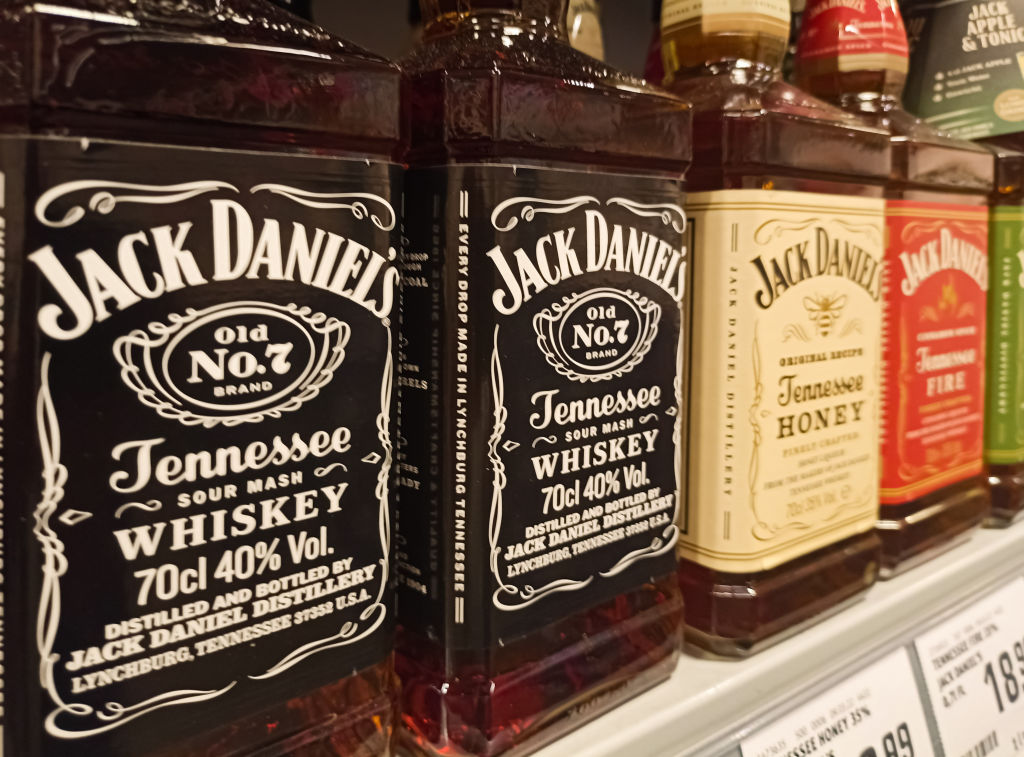
In a break from long standing religious tradition, Saudi Arabia is set to open its first ever liquor store within a few weeks.
The decision—led by Saudi Crown Prince Mohammed bin Salman—is historic for the kingdom, which has enforced stringent prohibition measures against alcohol since it was first banned in 1952.
The consumption of alcohol is forbidden in Islam, but the incoming store will only sell alcohol to non-Muslims in Riyadh’s diplomatic quarter, and authorization must be sought through an app called Diplo, Reuters reported.
Approved diplomats are not permitted to bring guests or any person under the age of 21 into the store, and photography is not permissible. Additional measures will see mobile phones locked in secure pouches while shopping in the store. A monthly quota will also be applied on each registered diplomat.
More From TIME
Saudi Arabia is home to an alcohol black market and illegal imports take place through embassy smuggling whereby diplomatic pouches can cross borders without facing legal procedures. While other Gulf states, such as the United Arab Emirates, allow people to have some access to alcohol in licensed establishments.
In a statement on Wednesday, the Saudi government said the new regulatory framework was an effort to “counter the illicit trade of alcohol goods and products received by diplomatic missions."
The statement added, "The new process will focus on allocating specific quantities of alcohol goods when entering the Kingdom to put an end to the previous unregulated process that caused an uncontrolled exchange of such goods in the Kingdom."
The move is the latest in a series of daily liberalization efforts under the umbrella of Vision 2030, a strategy to diversify and build a post-oil economy through trade, tourism, and culture. In doing so, the nation has relaxed a number of religious laws.
In 2017, King Salman recognized women’s right to drive and lifted a decades-old ban, with licenses granted in 2018. That same year, a 35-year ban on cinemas was reversed as the first movie theater opened in Riyadh. But until now, people convicted of alcohol consumption faced fines, and jailtime, while visiting foreigners have faced deportation.
More Must-Reads from TIME
- Inside Elon Musk’s War on Washington
- Meet the 2025 Women of the Year
- The Harsh Truth About Disability Inclusion
- Why Do More Young Adults Have Cancer?
- Colman Domingo Leads With Radical Love
- How to Get Better at Doing Things Alone
- Cecily Strong on Goober the Clown
- Column: The Rise of America’s Broligarchy
Write to Armani Syed at armani.syed@time.com